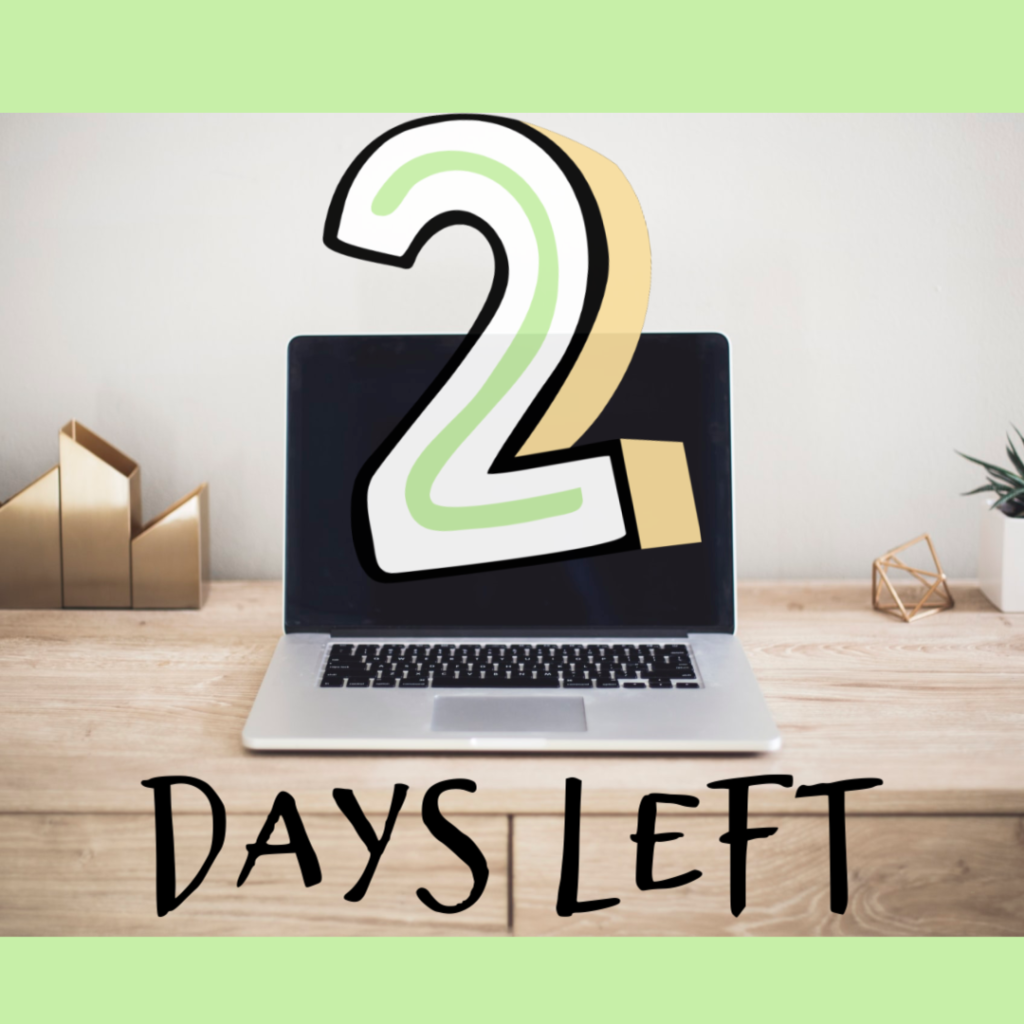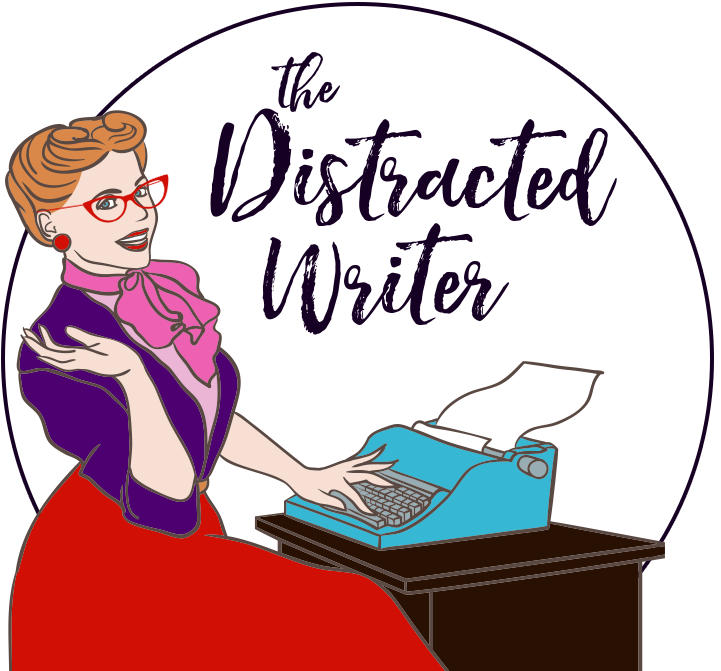
Managing Your Time
If you read yesterday’s post, hopefully you already have your Word Count Goals established for each day of November, and you’ve decided the best way to keep up with your progress. Today’s checkpoint is all about setting aside the time to get in all this extra writing.
Note: I’m approaching this topic with the assumption that most participants in NaNoWriMo are setting aside extra time in their day for their NaNo project, in addition to all the normal duties of life: work, family, etc. These tips may also be helpful if you’re fortunate enough to have time set aside for writing already, but need help structuring it so you can be more productive.
The Early Bird Catches the Words
One of the simplest (but not necessarily easiest) ways to set aside extra time for writing is to get up a little earlier than usual each morning to get a head start on your writing for the day. When I had a full-time day job with an hour+ commute, I used to get up at 4:30 three mornings a week to write, and work until the kids got up at 6:00 and I had to start getting myself (and them) ready.
This worked pretty well for my situation. I have an office at the end of our upstairs hallway I can go to without waking the whole house up, and it even has an attached bathroom. I put a small light on a timer in the office so I wouldn’t have to stumble around in the dark, and I have an electric kettle with instant coffee and tea available so I didn’t have to go down to the kitchen. (We have dogs who sleep downstairs, and waking them is tantamount to waking the whole house!)
With this cozy setup, I was able to get myself up and writing by around 4:45, and because my mind was still quiet and uncluttered by the reality of the day, I was able to focus on just the writing. I often found I was more productive in that hour or so, than I am in three or four hours of unstructured time later in the day. If you try this method, here are some tips that worked for me:
- Close your browser windows and all other projects on your computer the night before, so you’ll wake up to only your WIP (work in progress) on your screen.
- Before bed (or at the end of the previous day’s writing session), make a short bulleted list on a sticky note or pad with three or four things you know you want to write that day. This keeps your sleepy brain from being too foggy and unfocused.
- If you’re someone who really needs your sleep, try going to bed earlier and avoid watching TV at night to help your brain shut down sooner and wake up fresher.
- Give yourself a small treat or comfort (like my coffee kettle) in the morning to help you wake up and reward you for getting up before everyone else!
- Make sure you tell your housemates your plan so (a) they don’t think you’re a burglar if they hear you and (b) they can help hold you accountable by asking if you got up as planned.
- Stretch! Spend a few minutes stretching before you start work, to get the blood flowing.
But Other Birds Get Stuff, Too…
Getting up pre-dawn isn’t for everyone. If you’re not a morning person, and it generally takes until your fifth cup of coffee for your brain to click into gear, this routine might simply leave you tired at ten a.m. with no words to show for it. Other great times to work in some writing:
- Weekends. In my house, you don’t have to get up at 4:30 to be awake before the rest of the house. Even if I skip sleeping in and get up at 6:00, I can usually get in a good hour or more of writing before people start emerging from their rooms asking me to cook things. During NaNoWriMo, I let my supportive spouse and kids know I won’t be cooking as much (if at all), and I put a sign on the office door with a time it’s okay to come in and say good morning.
- Evenings. Most of us spend more time than we’d care to admit in the evenings watching television or visiting social media. If you spend that time writing instead, you’ll not only meet your NaNoWriMo goals, you’ll probably be much happier for it.
- Lunchtime. You’d be amazed how much you can get done sitting in your car or at a nearby park or coffee shop on your lunch break. Pack a lunch or plan to buy one in a spot where you can work, and bring headphones to tune out distractions.
- If you can’t take your computer or other device to work with you, you can still work at lunch by writing longhand or making notes on your phone, or even into a voice recorder to transcribe later. All those words count!
- On the train. I mentioned this earlier, but if you take a train or vanpool to work, use that time to write. Again, the situation may seem less than ideal, but you’d be surprised what you can accomplish.
- Incidental moments. I’ve written words on my phone in the grocery store checkout line. Made notes while waiting in the carpool lane (with the car off, of course). Written entire chapters at my sons’ gymnastics or baseball practices. The more flexible you are with your writing time, the more words you can sneak in while staying connected to your work.
Tracking Time
You might find it useful to track the time you spend writing and how many words you get written during each writing sprint. This can help keep you goal-focused in the moment, and allow you to look back and see patterns later on. You can do this in a simple spreadsheet or by making notes when you start and stop a writing sprint. There are also some great time-tracking apps that help, too.
Be Focused/Be Focused Pro: If you have an iOS system and want to track the time you’re spending on your writing, I recommend the Be Focused app. It’s a timer you can set for regular intervals with breaks in between. I love that it’s right on the desktop, so I don’t have to refer to my phone or a separate timer, and I can set it to play sounds or not to mark the intervals of time. Be Focused defaults to a standard of 25 minute intervals with 5 minute breaks (the Pomodoro Technique) and allows you to customize the interval length. You can also delineate each task on your to-do list, so you’ll know exactly how you’re spending your time. For better or worse!
If you’re not on a Mac or iPad, here’s a list of great Pomodoro timers for Windows/PC.
However you track it, the most important lesson any writer can get from NaNoWriMo is this: Putting in the time matters, and even the little bits add up. Just like eating an elephant, a novel happens one bite at a time. It’s consistency rather than speed that matters in the long run!
Need help with your project, or a friendly face to hold you accountable? I help writers during NaNoWriMo and all year long. Visit my coaching page for details.

Keep Writing.
Get tips, publishing perspectives and occasional rants delivered to your inbox. Sign up for my newsletter (click the “Tips for Writers” checkbox). And don’t forget to Like & Follow The Distracted Writer Facebook Page for updates and tips in your feed.
Sign up for M.J’s Mailing list & read Late for the Holidays FREE! Sign Me Up!


